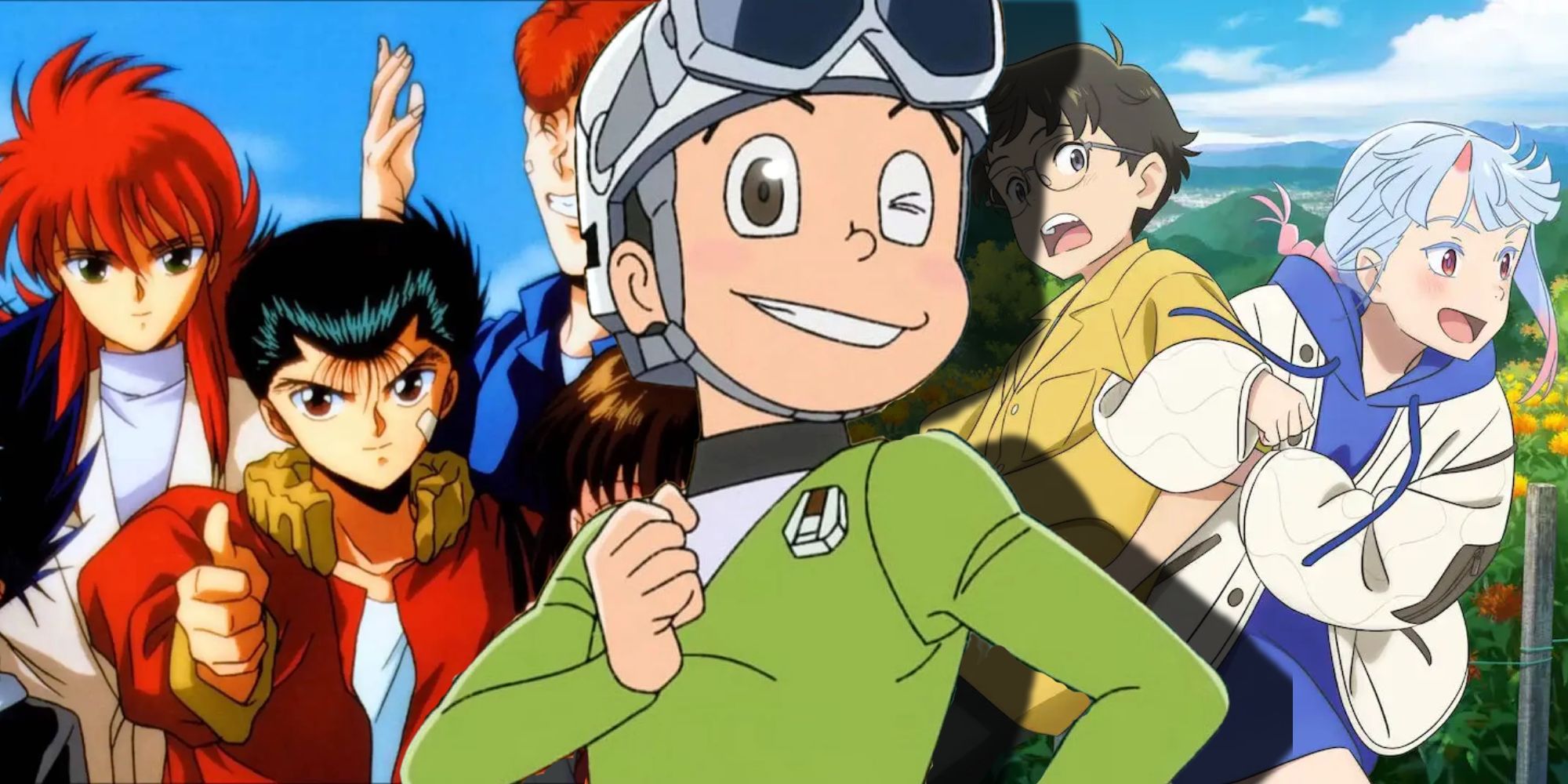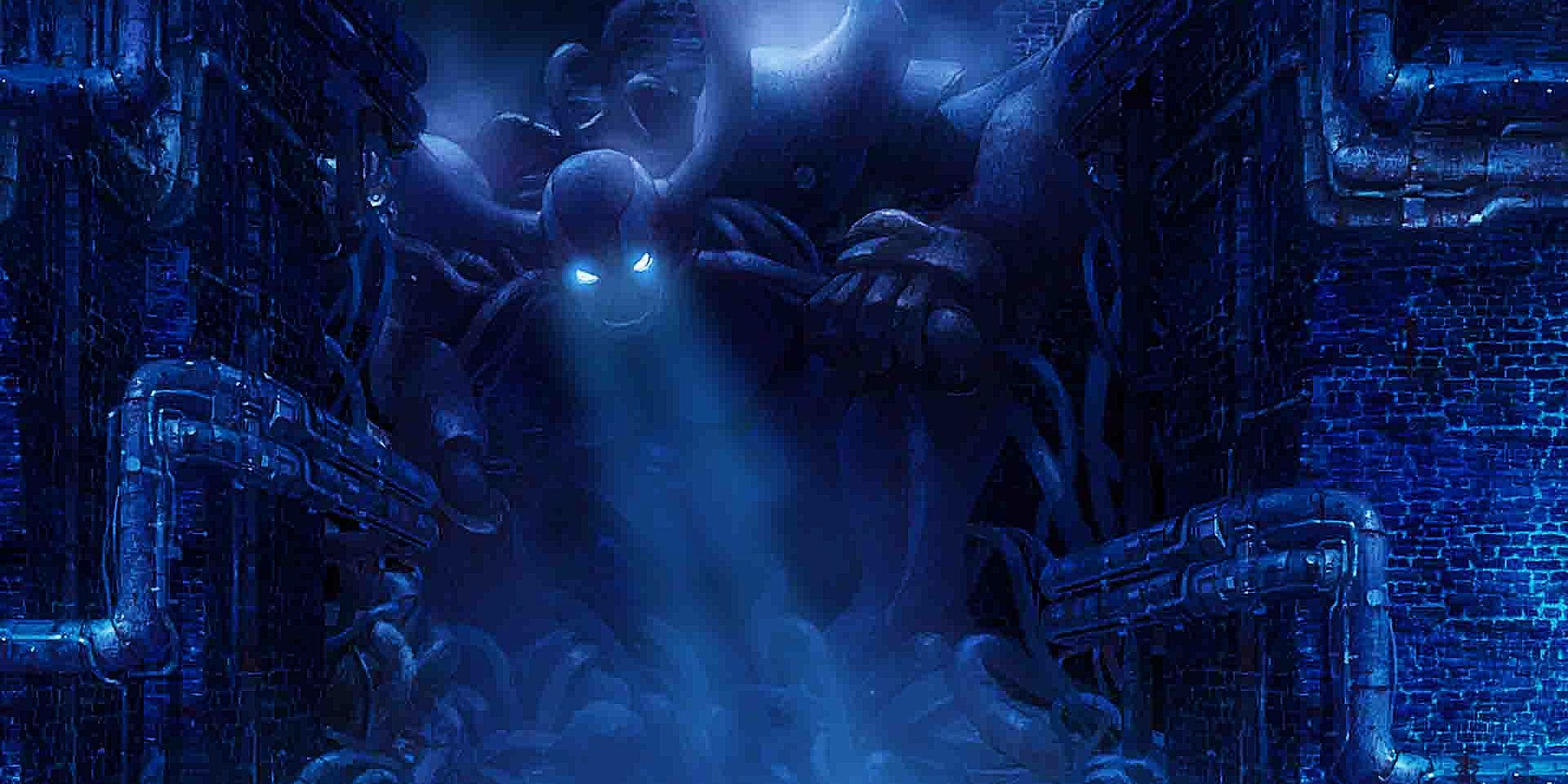Summary
- Netflix’s short anime episodes hinder the storytelling potential and reputation of its originals in the industry.
- The trend of limited episodes in Netflix’s anime releases can result in rushed endings and under-developed plot points.
- To improve its anime offerings, Netflix must prioritize quality over quantity, focusing on creating shows worth watching and remembering.
While Netflix has been actively acquiring and bankrolling anime, its tendency to release these “originals” with limited episodes ruins their potential and reputation. When the streaming service releases anime that are expected to be watched and finished in a few short hours, the impression it gives is that these shows are inconsequential filler. While this is not universal, it does beg the question of how Netflix perceives the anime industry.
Many of Netflix’s new originals are broadcast with limited episodes. If a “short” anime in Japan usually consists of 12-13 episodes, Netflix’s originals have run between 10 and a meager four. Often, this results in compromised stories that do not have the time to explore all their points.
Yet the service’s continued insistence on short shows gives the impression that it is more interested in boasting that it produces anime, rather than making good ones.
Related
Netflix Just Became a Much Better Deal For Anime Fans
Netflix has been taking great strides in improving its handling of anime over the years, and its May 2024 slate is another great step towards that.
Netflix Anime Are Hampered by Limited Episodes
A Repeating Pattern Bodes Ill for Future Original Anime
Upon the reveal of Terminator: Zero, Netflix’s latest upcoming original, one notable detail was that it would run for only eight episodes. This puts it in line with several other Netflix-backed anime that have similar run times, such as Garouden: The Way of the Lone Wolf, Onimusha, The Grimm Variations, and Scott Pilgrim Takes Off. It also means that it’s vulnerable to the same issues many of these shows had, including the tendency to rush to an ending amid under-utilized plot points. With such a pattern, it is hard to feel excited, as Terminator is liable to come out half-baked.
Regardless, the streaming service seems dead set on making shows that are easy to watch and finish within a day. However, it begs the question of how Netflix treats the anime industry at all. When it consistently puts out forgettable, binge-able shows, Netflix sends the message that its conception of anime is as “junk food”, or consumer data: something to quickly run through, and then add to a tally of “watched to completion by subscribers”. With that in mind, it is hard to feel enthused about Netflix’s original productions, if they are designed not for art, or even effort, but for simple distraction.
Netflix Can Break Its Pattern If It Tries
Netflix Also Produced Some of the Best Anime in Past Years
Some of Netflix’s anime buck this trend, such as Cyberpunk: Edgerunners and Pluto: the former has a still slightly too-brisk 10-episode story, while the latter has several hour-long installments. While length is not everything, it is no coincidence either that these are among the most celebrated of Netflix’s anime, the least of which is because they take the time to tell stories expansive enough to leave an impression.
If Netflix is serious about its anime aspirations, it needs to stop putting the cart before its proverbial horse, and make shows worth watching, rather than assume shows exist just to be watched.

